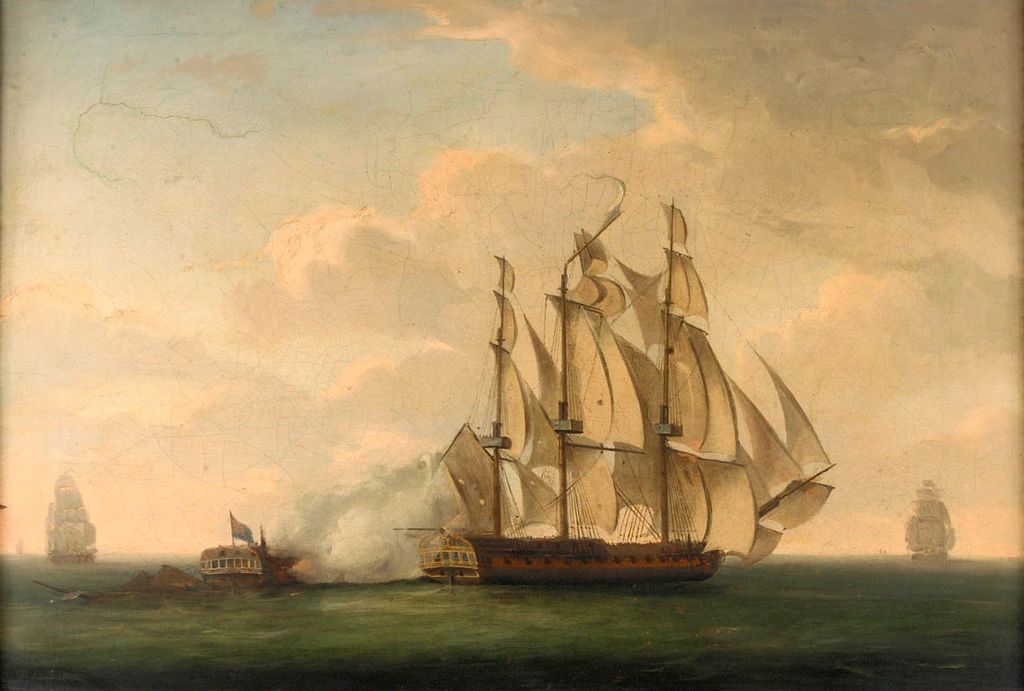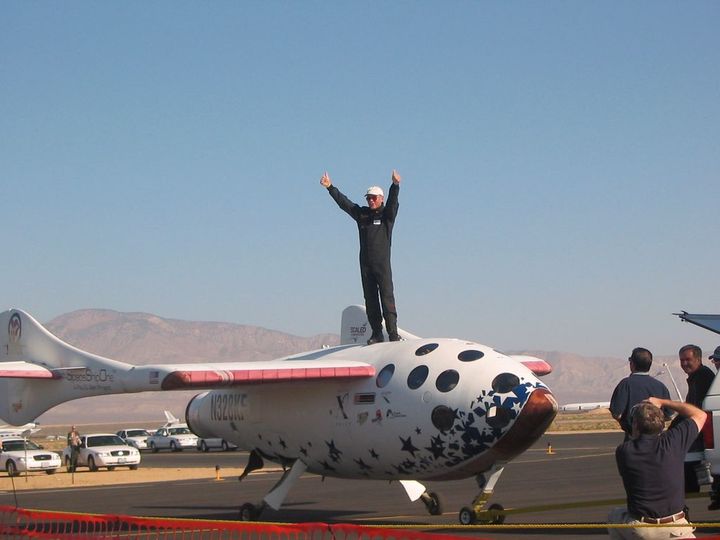
There are some problems in this world that can't be solved easily. Maybe there is no immediate market return, meaning the money isn't available to entrepreneurs seeking venture capital. Maybe the problem is huge – like trying to improve children's health, which has multiple factors to it. Or maybe it's a problem that ought to be solved, but something that nobody has thought hard about yet. Such as having robots build other robots, which could reduce manufacturing costs down the road.
This is where an incentive challenge comes in. An incentive challenge occurs when an organization sees a need that has to be filled. That organization provides the tools needed to make a competition possible – be it marketing, funding and general administration. While the organization does not directly pay the costs of the competitors, it has a carrot: a sum of money payable once the challenge is solved.
“In recent years, there has been a growing interest in new ways of rewarding innovation. The themes and rationales for various prize efforts differ considerably from area to area. In some cases, prizes are seen as a way for 'crowdsourcing' research and development – reaching out beyond closed
communities of employees and contractors or grant recipients,” wrote Knowledge Ecology International in a 2008 report concerning innovation prizes.

Funding is one problem vexing innovation challenges. Credit: Wikimedia Commons
“Prizes are also sometimes proposed as an alternative to intellectual property-enforced monopolies, in order to enhance access. But in other cases, prizes simply supplement other, more traditional subsidies and incentives. Governments, philanthropists, businesses and others considering the use of prizes are interested in learning more about the way they have been implemented by others.”
The most famous recent example of this is the Ansari XPRIZE challenge, which asked entrepreneurs to send a spacecraft into space. Twice. And bring it back safely. Launched in 1996 by serial entrepreneur Peter Diamandis, the prize eventually led to Scaled Composites' SpaceShipOne securing the $10 million prize in 2004. Today, successor SpaceShipTwo is in flight tests to prepare for bringing tourists into space. But as we'll explain below, the idea of an incentive challenge is much older than that.
Diamandis and two other co-founders – Emily Fowler and Christian Cotichini – decided to bring the incentive challenge idea to solve global world problems. Sparked by initial conversations in 2011, HeroX was spun out of XPRIZE in 2013. Today, we have dozens of challenges available for contributions.
HeroX uses the resources of the crowd to develop, fund and compete in competitions. People can generate ideas, contribute a few dollars to campaigns they like, or if they're very creative can compete. There are so many challenges that you can take a look at. Perhaps you fancy seeing how your tax dollars are really spent. Or you want to improve how food is grown on urban farms.

Carrots ready for harvest. Credit: Wikimedia Commons
The idea is to pick pressing questions that are vexing society, to find the money available to fund the prize, and to seek out the right people who can solve the problem. HeroX is a for-profit corporation focused on improving the world's quality of life. While we don't fund the direct development, through our website and other resources we provide the tools for teams to run their competitions and for potential crowdfunders to cheer on the projects they support.
At HeroX, we leverage high technology – including videos, crowdsourcing and social media – to bring our message to the masses. We're quite lucky in that respect, because the earliest innovation challengers didn't have such easy access to their backers.
Take the Spanish Longitude Prize of 1567, for example. At that time, it was difficult to do precise navigation across the ocean. This not only was an era that relied on delivery of letters, but in many cases -- if the ship got lost, for example -- those letters wouldn't even get there on time.
According to KEI, Philip II of Spain had a prize available to discover how to calculate longitude at sea. Latitude was easy to calculate by the stars, since all it took was a quick sighting of the North Star (or the stars near the southern pole) to find out how many degrees north or south of the equator you were. Longitude, however, was more vexing. Without having a precise sense of how far east or west you were, it was hard to figure out how far you were to the destination.

Warfare and navigation were some of the threats sailing ships faced in the 1500s, 1600s and 1700s. Credit: Robert Dodd / Royal Museums Greenwich / Wikimedia Commons
Turns out the original backer of the prize was not around to see its completion. The problem of longitude vexed generations of seafarers. In 1627, the Dutch offered a prize. The British added one in 1714, as well as the French that same year. It wasn't until 1773 that John Harrison found a reliable method to calculate longitude, in large part because he developed a timepiece that could keep an accurate clock on a shifting ship.
But that's only one example of a challenge. Over the years, there have been prizes for developing cotton mills (1780s), eradicating smallpox (1802) moving ships without a paddle wheel (1825) and crossing the Atlantic Ocean by plane (1919). What's the one theme uniting these challenges? They have all been solved, because somebody had the vision to throw out the idea, someone else had the means to fund the incentive, and someone else solved the problem.
As you can see, incentive challenges prove a net benefit to society. Sometimes they take a long time to solve, and cost a lot of money to perform, but that shouldn't discourage us. It should inspire us. At HeroX, we have a variety of ideas that we think the world could help us figure out. Are you in?
Top photo: SpaceShipOne test pilot Mike Melvill celebrates after his flight secured the Ansari XPRIZE in 2004. Credit: Wikimedia Commons








